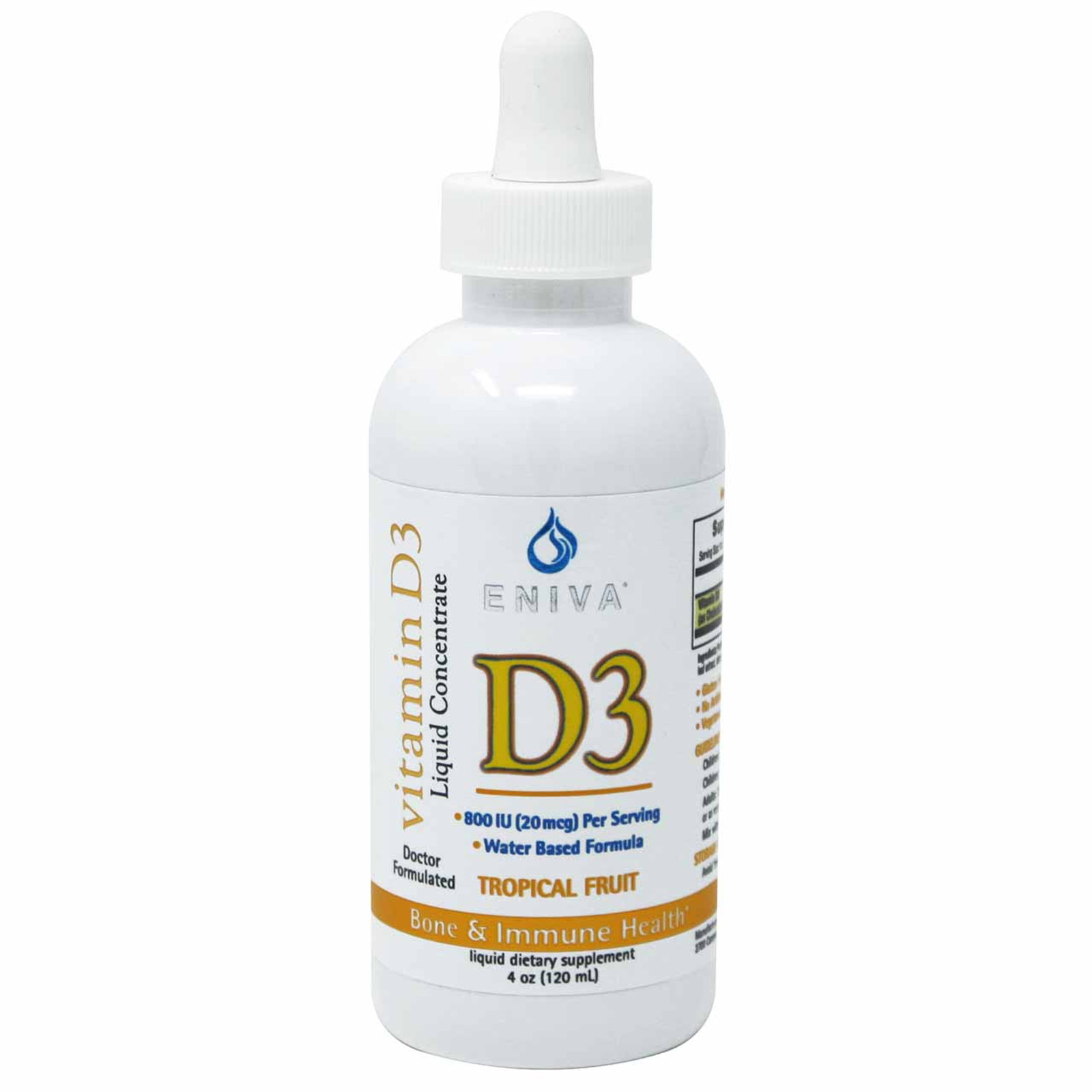Jumpy Legs? We are here to help!
Ahhh… Well… Not so fast. Let’s paint the picture: It’s about 8:30 pm. Time to cozy up on the couch and watch your favorite TV series when your legs will not stop moving or jumping. Your body wants to settle down, but your legs could take you to the dance floor for hours. Having jumpy legs can be extremely frustrating, and you’re not alone. Somewhere between 7 to 10 percent of the U.S. population deals with it. And, it’s often more prominent at night. In essence, jumpy legs are are a muscle movement related to a brain imbalance of messengers, hormones, metabolites or brain activity.
What Causes Jumpy Legs?
Brain “messengers” are called neurotransmitters and one very important neurotransmitter is named dopamine. It’s responsible for us feeling satisfaction, pleasure and motivation. It’s also involved in the regulation of muscle movement. When doapmine levels are out of balance or low (like when we sleep), it can cause muscle spasms and twitching because nerve cells are no longer communicating as effectively. Other things that may cause “restless legs” are low iron levels, medication side effects, stimulant intake and electrolyte imbalances. Most strategies focus on ruling out those causes and then trying to support healthy dopamine levels and balance.

The hormone Dopamine aids in neurotransmissions – transfer of nerve impulses. Your dopamine levels can directly impact jumpy legs.
How Can I Support Healthy Dopamine Balance?
Once other causes are ruled out, practitioners usually try to focus on supporting the body’s dopamine production and balance. This is usually done by encouraging individuals to eat foods high in nutrients that support dopamine production. These include foods rich in:
Magnesium: Plays a role in dopamine regulation and brain cell neuronal excitability.
Tyrosine: A natural amino acid and a precursor to dopamine. (Dopamine is made from tyrosine.)
L-theanine: Another precursor to dopamine.
Vitamin D, B5 and B6: These vitamins are needed to make dopamine.
Calcium: Critical for nerve transmission and muscle function.
Omega-3 Essential Fatty Acids: Helps address body and muscle inflammation.
Alternatively, one can choose to use supplements to assist in obtaining these specific nutrients (see ideas below).
Additional ways to minimize symptoms of jumpy legs:
- Try doing things that distract your brain especially at night. This can involve taking a bath, reading or a light activity you enjoy that still helps you settle down for the night.
- Avoid drinks and substances like alcohol, caffeine and tobacco.
- Practice good sleeping habits that include going to bed at the same time every day, not taking naps and settling down before bed – this includes not using your phone.
- Exercise daily, but try to avoid exercising right before bed.
- Try massaging your legs, stretching or applying a heating pad if.
Let’s also take a look at various hormones.
The 4 Feel-Good Hormones
Dopamine, Serotonin, Endorphins and Oxytocin are the 4 Feel-Good Hormones.
- Dopamine: A type of neurotransmitter that sends messages between nerve cells
– Related to feeling pleasure and part of the brain’s reward system - Serotonin: Related to mood balance
- Endorphins: Related to stress management and lessened feelings of emotional pain
- Oxytocin: Related to love

DID YOU KNOW
Dopamine also impacts brain function and cognitive thought. When dopamine levels are healthy and functioning well, it can also signal rewards – the need to repeat certain activities because we experience a feeling of satisfaction. For example, the smell of cookies baking and the pleasure it stirs can trigger a release of dopamine.
Benefits of Healthy Dopamine Levels
- Coordinated movement
- Muscle health
- Positive mood
- Motivation
- Healthy libido
- Cognitive function
Supplement Support
In addition to pursuing healthy activities and eating healthy, quality supplements may help balance dopamine levels and also support your quest to quiet jumpy legs:*

• Helps support body mineral balance*
• Lite apple refreshing taste
• Calcium supports: Healthy bones, muscles, teeth and gums, nerve function, heart function, restful sleep, premenstrual cycle, stress management and mood.*
• Magnesium supports: Bones, muscle health, regularity, mood and emotional health, airway health, body movement, growth, proper calcium and potassium balance, cardiovascular rhythms, feminine health and nerve transduction.*

• Helps support neurologic function*
• Great tropical fruit taste: Derived from natural flavors, there are no “questionable” artificial colors or flavors added.
• Vitamin D3 supports: Healthy mood and mental health, brain function, bones and muscles, immune function, healthy cellular replication, heart function and endocrine function – including blood glucose.*
• Liquid Vitamin D3 has a stabilized liquid delivery system that enhances absorption, bioavailability and benefit to the body.
Additional activities to help increase dopamine levels
- Have an Exercise Routine: This is related to the feeling of satisfaction. We typically crave that feeling again and again.
- Listen to Music you Enjoy: Often times, music triggers an emotional response which can increase dopamine levels.
- Limit Saturated Fat: Research has shown high-levels of saturated fat can disturb typical message transmitting.
- Intimate Engagements: Much like exercise, the same sensation can occur.
- Prioritize Sleep: Getting into a sleep routine can help you produce healthy levels of dopamine.
At Eniva, we believe each human body was designed to be healthy. It was designed to be energetic, lean, agile, and resilient towards healing. You were created to live an abundant, healthy and vibrant life. Eniva is proud to create and manufacture pure liquid nutraceuticals with no artificial preservatives. Our liquid supplements are nature-based solutions to help you feel and look your best.




